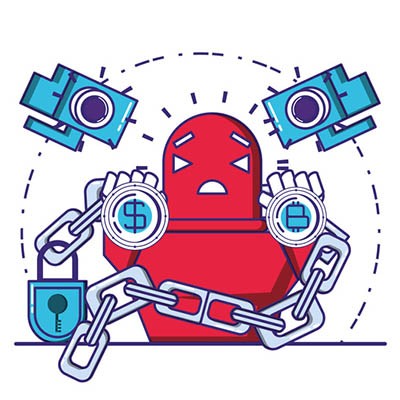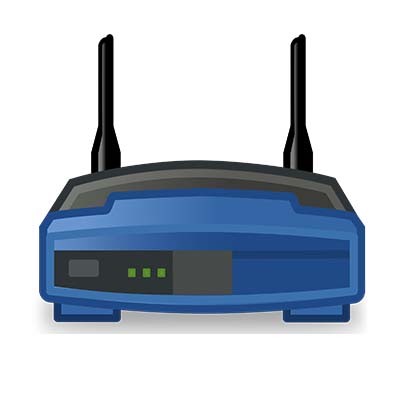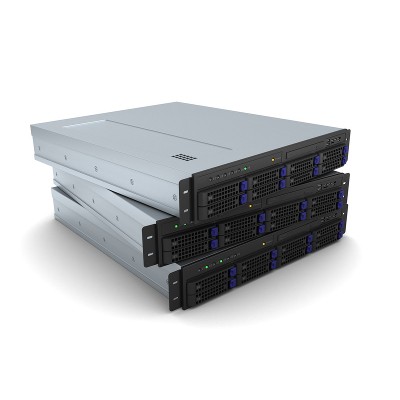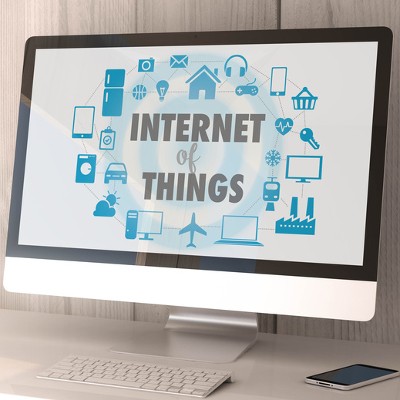Ferrum Technology Services Blog
Some people believe so much in something that they’ll commit their lives to make it better for everyone. The Internet, as one of the most impressive advancements of civilization, has a fair amount of people who take the time (or make a living) advocating on the various issues that face Internet users. These Internet rights advocates have begun to make a big difference on the way that businesses, especially those businesses that only exist on the Internet, can act. Today, we’ll take a look at Internet advocacy.
The Internet is incredibly important to the success of not only businesses, but countless users all over the world. In terms of the actual strength of the Internet though, people might not know just how many options there are out there that can provide access to this dynamic and feature-filled network. Thanks to the Internet, businesses all over the world have access to plenty of great services that enable them to accomplish as much as possible.
Professionals who work in an office naturally have varying degrees of Internet use, but one thing remains the same: in an age where mobile devices are commonplace, what a website looks like on a smartphone screen is extremely important from a user’s perspective. This is called responsive web design, and this week’s tech term will provide an overview of what it is and why it’s helpful.
Would it surprise you if you were to find out that over 99% of the Internet is not accessible through search engines? The truth is that the Internet you know, the one with what is seemingly all of history’s information on it, makes up around .03% of the entirety of the world wide web. Today, we’ll burrow through the surface web and take a look at what is beneath.
Blockchain has been an especially hot topic as of late, especially with the recent meteoric rise in the value of most cryptocurrencies. With all the focus directed to Bitcoin, it is easy to forget that the blockchain has other uses - uses that are geared toward increased cybersecurity, transparency, and privacy.
With businesses relying more and more on portability and mobility, it should come as no surprise that businesses also have to devote more time to the proper management of their wireless network. A considerable portion of this management is reliant on the router the business uses, as without the router, the business simply couldn’t have a wireless connection.
Most businesses utilize the Internet in some fashion, and a slow connection can be a major annoyance and inconvenience. Thankfully, there are several ways that you can improve or troubleshoot your connection in the event that it’s suffering. Here are some of the ways you can make sure your Internet connection remains as consistent as possible.
The Internet is often taken for granted, in both a professional and a personal capacity. You’d be hard-pressed to get anything done without it nowadays. This doesn’t mean it’s always safe to do so, however. There are many threats that lurk in the darkness of the Internet, and if you’re not careful, you could find yourself on the receiving end of them. We’ve put together some tips that can help you keep both yourself and your business safe while browsing the web.
Social media has an interesting place in the business world, sitting somewhere between incredibly helpful and downright dangerous for your organization. It’s important that you consider how your business is affected by social media so that you can both leverage it to your advantage and minimize the risks associated with it.
December 14th is the last day that our government representatives can vote whether or not to continue the Internet’s protection under the net neutrality rules established in 2015. Without these rules in place, your data can be analyzed by your Internet service provider, and they are free to act on that knowledge and manipulate your Internet in support of their own interests.
The Internet is prone to change. We all know this and have experienced it firsthand. Even though we may understand this reality, it can still be rather shocking when we’re confronted with it. The latest statistics show us how the current changes of the Internet have huge implications about how we’ll all interact with the web moving forward, which may spell doom for doing “online business as usual.”
Getting rid of unnecessary expenses is one of the best ways for businesses to save money. While it’s often unavoidable that you have to invest in solutions that serve a singular purpose, it’s more cost-effective to find solutions that have variable functions or that make life easier. One of the best ways to save money for your business is by performing a revamp of your telephone system.
While many, many people use the Internet daily, for work, leisure, and communication, very few of them actually know how their devices are able to access the Internet in the first place. How does information from miles away make its way to your device? The answer is something called a web server. Let’s take a moment and examine how they do it.
The Internet of Things is well under way, and it’s all around you. Just take a look around your office and take note of any connected gadgetry that you see. All kinds of connected devices are entering the market, many of which you might never consider connecting to the Internet. However, it’s your responsibility to take these devices into consideration, especially if you want to keep your business--and its users--safe.
Throughout your journey through the business world, you may have heard rumors, hushed whispers of a deep, dark world beneath the surface of the Internet. Well, it’s real, and it’s known as a hotbed of corruption, where hackers can sell stolen credentials and personal records. However, contrary to popular belief, the Dark Web isn’t as mysterious as it’s made out to be.
The Internet is a great tool to use for business, but it’s also full of threats that could undermine your security if you’re careless. The main issue with cyber security is that it’s extraordinarily difficult to cover all of your bases, especially if you’re not tech-savvy. We’ll go over, in detail, some of the many security best practices that you can implement to keep your sensitive information and account credentials safe from hackers.
Having an Internet connection is an important part of your business’s operations. Why are we stating something so obvious? Sometimes you might be experiencing network issues that could be caused by heavy or unexpected traffic, technical difficulties, or worse. Depending on the problem, it could be as simple as restarting your modem. We’re here to help you figure out why your Internet connection is less than optimal, and what you can do about it.
 Technology has changed the world. It has changed individual lives, businesses, and the way people communicate with one another. The main reason for this is that technology, and the use of it, happens everywhere. In fact, the world has seen a huge spike in the addition of microprocessors to ordinary objects which allows them to communicate with the digital world. This trend is known as ubiquitous computing.
Technology has changed the world. It has changed individual lives, businesses, and the way people communicate with one another. The main reason for this is that technology, and the use of it, happens everywhere. In fact, the world has seen a huge spike in the addition of microprocessors to ordinary objects which allows them to communicate with the digital world. This trend is known as ubiquitous computing.
 In 2015, we saw countless hacking attacks against major corporations, from health insurance providers like Blue Cross Blue Shield and Anthem, to government offices, like the United States Office of Personnel. Due to the stigma associated with hacking, we often forget that there are a lot of hackers out there who try to use their skills for good--or, at least, less awful purposes.
In 2015, we saw countless hacking attacks against major corporations, from health insurance providers like Blue Cross Blue Shield and Anthem, to government offices, like the United States Office of Personnel. Due to the stigma associated with hacking, we often forget that there are a lot of hackers out there who try to use their skills for good--or, at least, less awful purposes.
 The Internet of Things is a trend that has been a long-time coming. Some of the devices it brings are great for productivity and efficiency, but others are still relatively useless. Regardless, it’s estimated by the IDC that global Internet of Things (IoT) spending will exceed $1.3 trillion by 2020. With such a large amount of capital being invested in IoT devices, your organization will need to know all there is to know about the Internet of Things.
The Internet of Things is a trend that has been a long-time coming. Some of the devices it brings are great for productivity and efficiency, but others are still relatively useless. Regardless, it’s estimated by the IDC that global Internet of Things (IoT) spending will exceed $1.3 trillion by 2020. With such a large amount of capital being invested in IoT devices, your organization will need to know all there is to know about the Internet of Things.

















